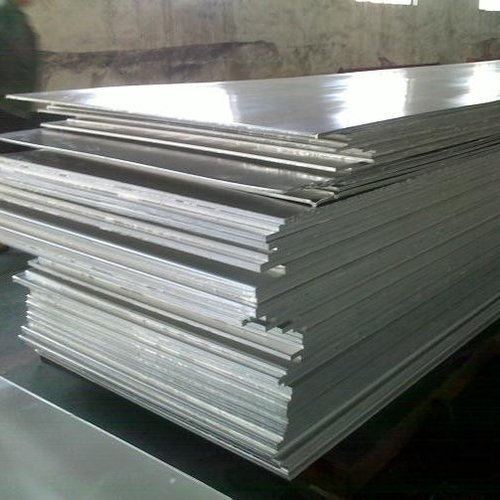
Aluminum sheets are widely used across industries due to their lightweight, durability, and corrosion resistance. These sheets, made by rolling aluminum alloys, come in various thicknesses, from thin foils to thicker plates, catering to diverse needs.
Key Properties
Aluminum's low density (2.7 g/cm³) makes it lightweight, ideal for aerospace and automotive industries. Its natural oxide layer provides excellent corrosion resistance, enhanced further by treatments like anodizing. Additionally, aluminum offers good thermal and electrical conductivity, making it suitable for heat exchangers and electronics.
Manufacturing Process
Aluminum is extracted from bauxite ore, refined, and alloyed with elements like copper or magnesium. The alloy is cast into slabs, then rolled into sheets through hot or cold processes. Surface treatments, such as polishing or coating, are applied to improve performance and aesthetics.
Applications
Aluminum sheets are used in construction for roofing and cladding, in transportation for vehicle and aircraft components, and in packaging for food and pharmaceutical containers. They are also essential in electronics for heat dissipation and in industrial machinery.
Environmental Benefits
Aluminum is highly recyclable, requiring only 5% of the energy needed for primary production. This makes it an eco-friendly choice, supporting sustainability efforts.
Conclusion
Aluminum sheets are indispensable in modern industry, offering a blend of lightweight, strength, and recyclability. Their versatility ensures continued demand across various sectors.
Related Articles
- Aluminum Sheets: A Versatile Material for Modern Applications
- The difference between 304 stainless steel and 316 stainless steel
- The Strength Within: Exploring the Versatility and Applications of Stainless Steel Bars
- Preserving Perfection: The Corrosion Resistance and Durability of Stainless Steel Plates
- Industrial Excellence: Stainless Steel Plates in Manufacturing and Heavy Machinery
- Strong Foundations: The Role of Stainless Steel Plates in Structural Engineering
Leave A Message
If you are interested in our products and want to know more details, please leave a message here, we will reply you as soon as we can.
